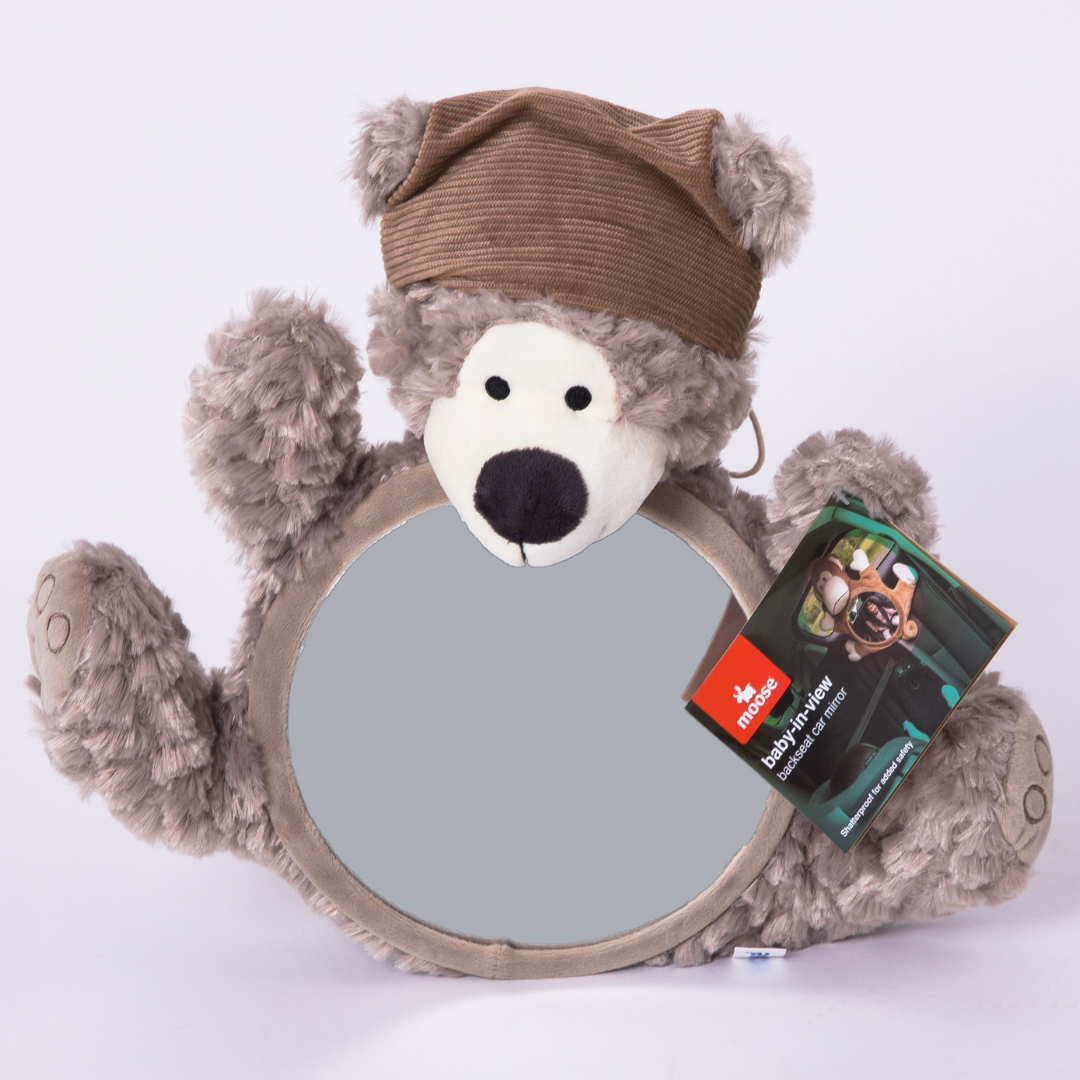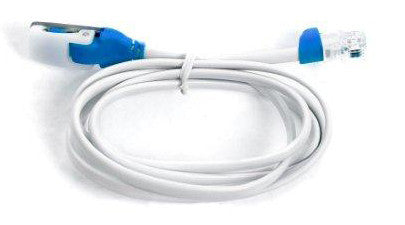Bedwetting can be hugely challenging, both for parents and their bedwetting child. The daily workload of washing sheets and pyjamas, the efforts to keep bedding and mattresses free from urine and not to forget the frustration and often embarrassment caused from wetting the bed night after night.
Remember, you are not alone. Although often not talked about, bedwetting is common amongst 5 and 6 year olds and up to 30% of this age group still wet their bed. Children reach milestones at different ages in their life and learning to control their bladder at night is another developmental milestone. Bedwetting is often hereditary and despite how you may sometimes feel, bedwetting it not your child’s fault. Almost all children want to stop, but simply can’t.
Here are some tips to help you and your child combat bedwetting once and for all:
- Increase daytime fluids and toilet visits. Research suggests that children who drink water throughout the day and visit the toilet regularly will improve their bladder health resulting in improved night time dryness.
- In simple terms teach your child how their bladder works. Encourage him to ‘take his time’ and relax on the toilet. Children who rush often don’t empty their bladder completely.
- Try not to offer incentives. Offering your child a new bike or toy to stop wetting the bed can result in frustration and disappointment. Encouraging your child is good, but don’t set him up to fail. If he could stop, he would stop.
- Don’t overly restrict drinks. While it is true that drinking too much before bed can contribute to wetting, it’s often not the cause of bedwetting. It’s a good idea to avoid fizzy or caffeinated drinks but don’t go overboard restricting fluids.
- Don’t lift your child to the toilet each night. Lifting is of little use, and may even prolong the problem. Your child has to get used to waking up when his bladder is full. Children often do not remember being lifted, and it usually does not help to achieve their own bladder control.
- Be prepared and encourage independence. Use a waterproof mattress protector on the bed and place a spare protector and set of pyjamas next to the bed. Teach her how to help with the covers and tell her where to put the wet covers and pyjamas.
- Avoid nappies or pull-ups. If you and your child are ready to address bedwetting, then avoid using nappies or pull-ups. He needs to feel the wetness in order to engage his brain to recognise the sensation to urinate.
- Don’t wait too long to address the problem. Many children simply grow out of bedwetting but if you get to the point where your child is frustrated or embarrassed, then take steps to address the problem. A bedwetting alarm is the mostly commonly-used solution to bedwetting.
- Ask for help. Coping with a child who wets the bed every night can be hard work. Although waiting lists can be long, there are bedwetting services where help is available. Alternatively do your own research and consider using a bedwetting alarm. For a FREE e-book on bedwetting email us now.








